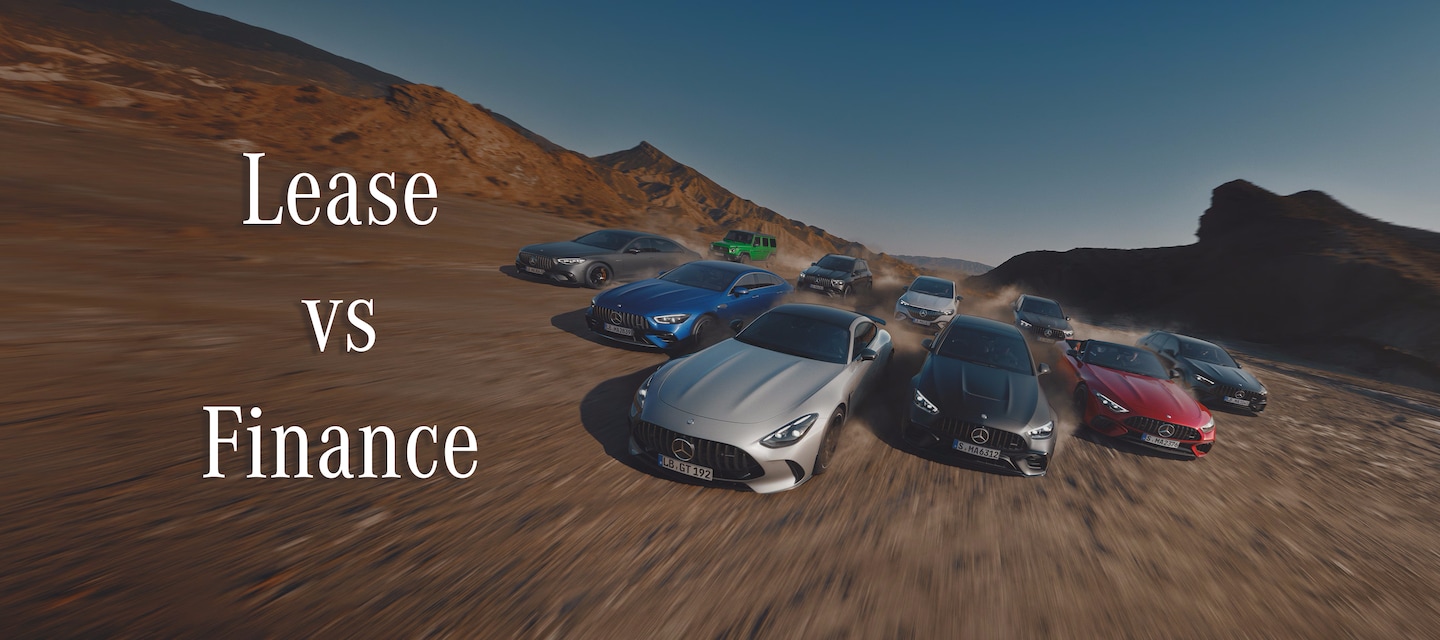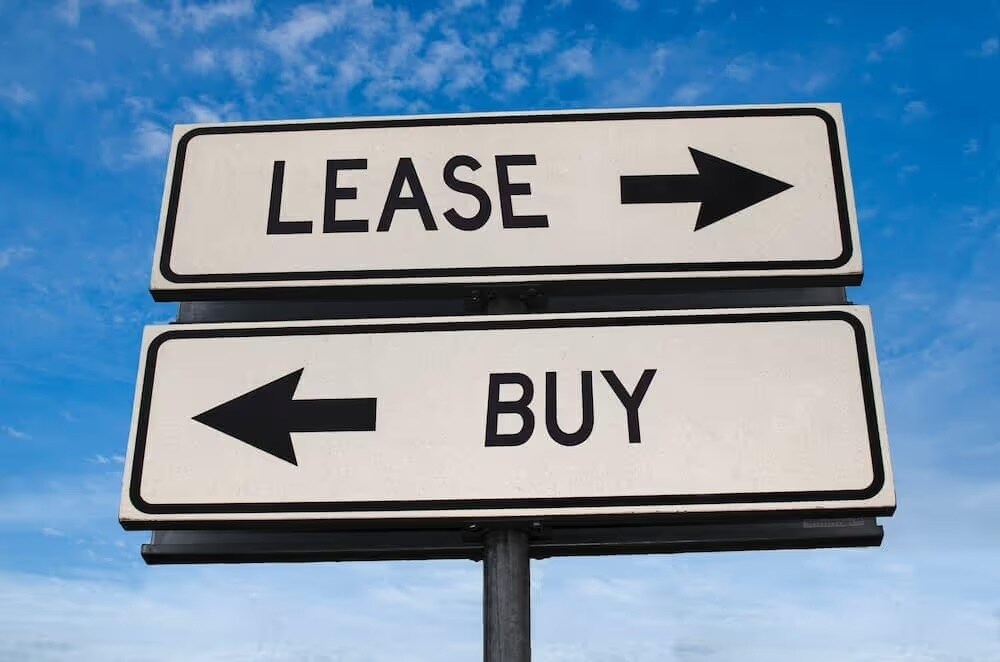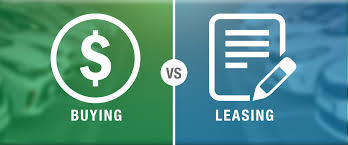
Should I Lease or Finance?

Buying a new car can be one of the most exciting things you do, but the situation can feel a little less fun once you start thinking about all the steps involved. One of the most important parts of the car-buying process is financing, which is how you plan to pay for your new vehicle. You're probably familiar with loans and financing, but leasing is becoming increasingly popular as people look to get behind the wheel of new EVs and other models. While both leasing and financing involve making a down payment and regular monthly payments, there is one significant difference between them: The buyer does not own the vehicle at the end of the lease period, while people who finance do.

Most automakers offer a lease buyout option that allows owners to purchase the vehicle at the end of the lease term, but for most people, leasing is a lot like a longer-term form of renting. Rather than be tied to an auto loan for five or more years, buyers have the option of much shorter terms with leases, sometimes two years or less. And, while leases generally have higher down payment requirements, the monthly payments are typically less than with a traditional auto loan.
That said, it's not always as easy to get out of a lease as it is to sell a financed car. Leasing also comes with mileage limits that can feel restrictive, and the owner must maintain the vehicle, keeping it in good shape for the life of the lease. People who finance a new vehicle don't face those challenges but often see higher monthly payments.

The Pros and Cons of Leasing
Pros of Leasing
- Leasing can be a great, lower-cost path to vehicle ownership for people who don't drive a ton.
- Most lease deals and promotions cover 36-month leases, meaning the owner is only obligated to keep the car for three years.
- Lease customers often don't have to worry about losing the factory warranty coverage due to the short terms and low mileage limits.
- Lessees always have a newer vehicle.
- Leasing can be a way around the most restrictive EV tax credit requirements.
- Many new vehicles come with free scheduled maintenance that covers most or all of the lease term.
- Leasing allows buyers to get a more expensive vehicle than they may have been able to finance or purchase outright.
Leasing Cons
- Leasing is not buying, and you do not own the car at the end.
- Vehicle damage can cost big money when it's time to return the vehicle.
- Leasing can be confusing due to all the math involved.
- Lessees cannot modify their vehicles.
- Many leases limit annual mileage to between 10,000 and 15,000 miles, with more expensive payments as the yearly mileage limit increases. Many automakers offer add-on mileage packages and other upgrades, but the costs add up quickly.
The Pros and Cons of Financing
Financing Pros
- Good for long-term vehicle owners.
- Payments add to the equity you hold in the vehicle.
- Loans are often easier to negotiate than leases.
- The larger the down payment, the smaller your monthly payment.
- Buyers with good credit scores can get the best terms and rates.
Financing Cons
- Monthly loan payments can be higher than lease payments.
- Multiple loan applications can ding your credit score.
- Buying a vehicle with a loan comes with negative equity risk, which is owing more than the car is worth.
- Maintenance costs can add up once the manufacturer's warranty expires.
- Financing makes it less financially sensible to trade cars every few years.

If you want to learn more about leasing versus buying, or any new model, come see us at Mercedes-Benz of Plano. Our knowledgeable staff would be excited to answer questions, walk through the latest tech and safety features, or help you test drive the new Mercedes model of your dreams.
 AdChoices
AdChoices